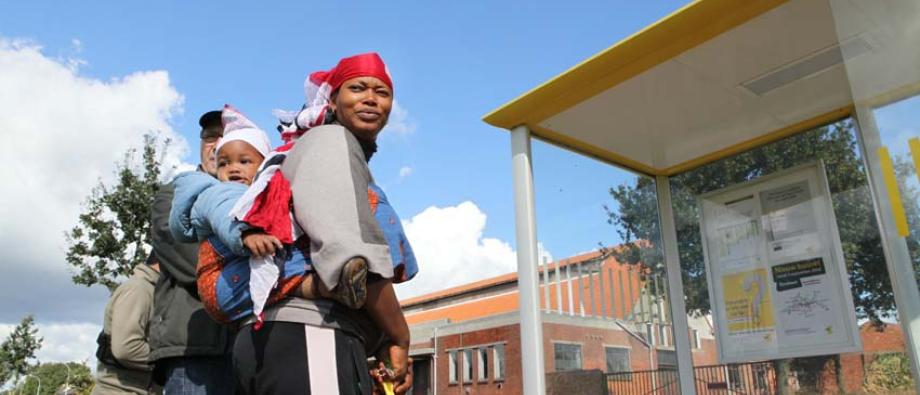
The European Migration Network has just published a synthesis on the organisation of reception facilities for asylum seekers in the European Union. Belgium stands out.
The study gives an overview of the organisation of reception facilities for asylum seekers in 23 Member States and Norway. It identifies differences and similarities between countries, but also good practices which help to provide a high-quality, effective and flexible reception. Fedasil has contributed to the Belgian section of the report.Several times, Belgium is given as an example for other Member States.The reception of the most vulnerable asylum seekers (foreign unaccompanied minors, child mothers, medical cases, etc.) and the targeted support are considered good practice, as is the individual evaluation provided for each asylum seeker after 30 days in the reception network.Other Belgian good practices were revealed in the report:Managing the reception of asylum seekers in Belgium is considered part of a broader process. So, in saturation periods of the reception network as was the case a few years ago, Belgium has favoured a comprehensive approach by limiting arrivals, increasing the resources of asylum bodies in order to speed up the asylum procedure and reduce the length of stay and encouraging the voluntary return of migrants.Fedasil has set up monitoring which enables it to follow the development of asylum seeker arrivals, allocate reception places and determine the number of long-term places needed.Belgium has reserve reception places, operational in the event of sudden arrivals of asylum seekers and allowing more flexibility in the network.Generally, the report shows that the reception of asylum seekers varies greatly between countries. Most reception systems (including that in Belgium) were under great pressure between 2008 and 2012/2013 following a sudden and/or significant increase in asylum seekers.The European synthesis report and the report on Belgium are available in English on the website www.emnbelgium.be The reports on the other Member States are available on the European Commission's website www.ec.europa.eu The European Migration Network (EMN) is coordinated by the European Commission in cooperation with contact points established in Member States. The aim of the Network is to provide up-to-date, objective, reliable and comparable information on migration and asylum to support policy making in the EU. www.emnbelgium.be PRESS CONTACTS:Mieke Candaele, Communication Director, mieke.candaele@fedasil.be, T 02 213 44 15
